Tourism: Dream Now, Travel Later
- Published
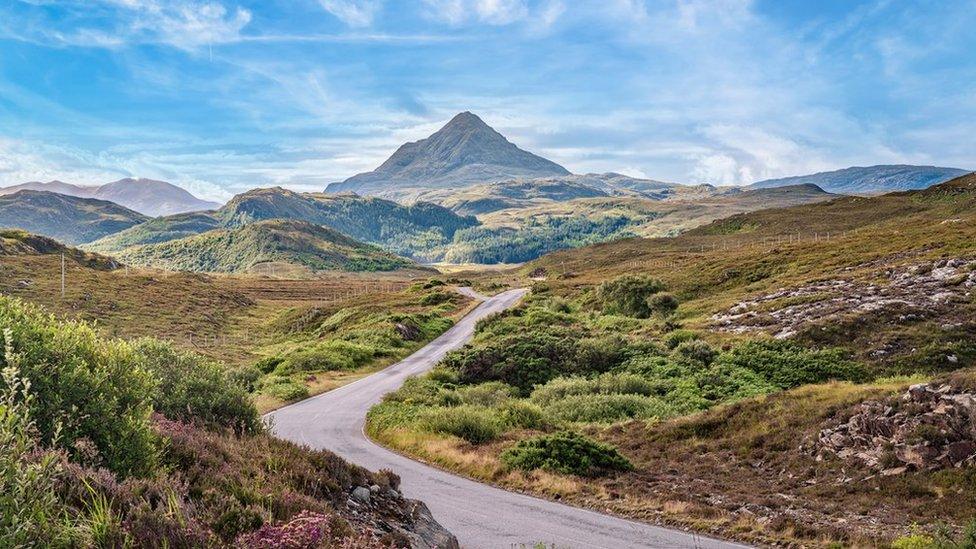
Scottish tourism could be heading for a bonanza in the long-term, but the short and medium term looks very tough. It'll be helped by the Bounce Back Loans.
It has set out a strategy to "respond, reset, restart and recover", while using marketing to keep the dream alive for future customers.
The Scottish government is urging Whitehall to help tourist businesses in financial distress - which is strange, because the Scottish government has the powers it needs, and it's already using them.

The good news is that there's a bonanza ahead for Scotland's tourism industry, when British travellers ignore the turnoff for the airport and head north for the hills.
So said the Independent's travel editor, Simon Calder, on Radio Scotland's Drivetime.
There is other good news: few-questions-asked, 24-hour-turnaround loans of up to £50,000, given 100% backing by the UK government, with no payments to be made in year one.
The arsenal of financial artillery being fired off in the battle with the health crisis is growing every week.
And for businesses in tourism and other sectors, the Federation of Small Businesses says this could be the difference between survival and extinction - though that's only if turnaround of applications is as speedy as promised.
How much does this Bounce Bank Loan scheme cost, Chancellor Rishi Sunak was asked? He doesn't know. It'll cost whatever it takes. Strange times.
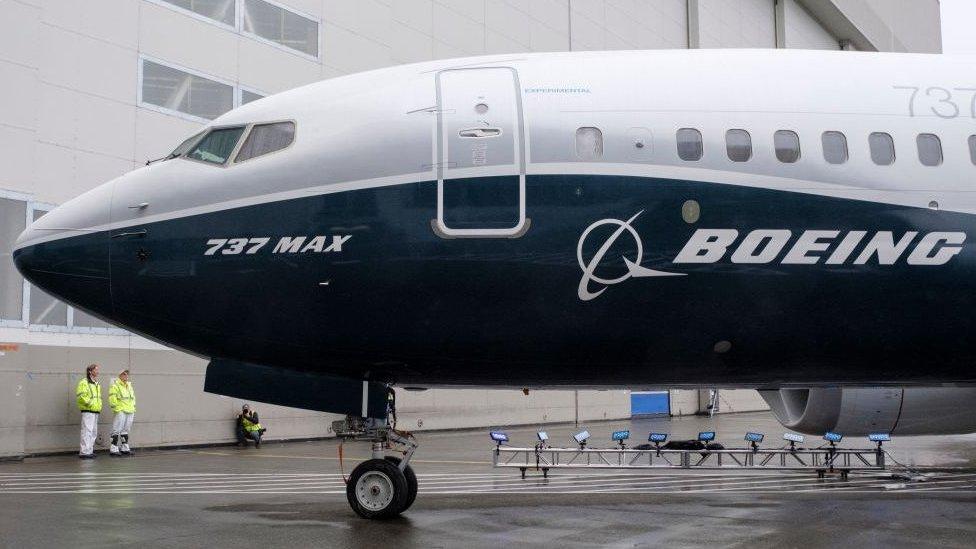
Not such good news for tourism firms is the uncertainty about how long it takes to get to Mr Calder's bonanza in British staycationers. What happens in the short and medium term, and how much of the industry will be left standing when the time comes?
Marc Crothall, of the Scottish Tourism Alliance, said 70% of visitors already come from the UK, most of them Scottish. The downside is that they don't spend as much as foreign visitors.
According to Boeing, it will take two to three years for air travel to return to 2019 levels. That's drawing on previous experience of sudden shocks to the aviation industry.
I'm not seeing Boeing's data, but I've got a hunch this shock may result in very different patterns, a much longer delay before normal business is resumed, and the climate change agenda has to be considered when this is over.
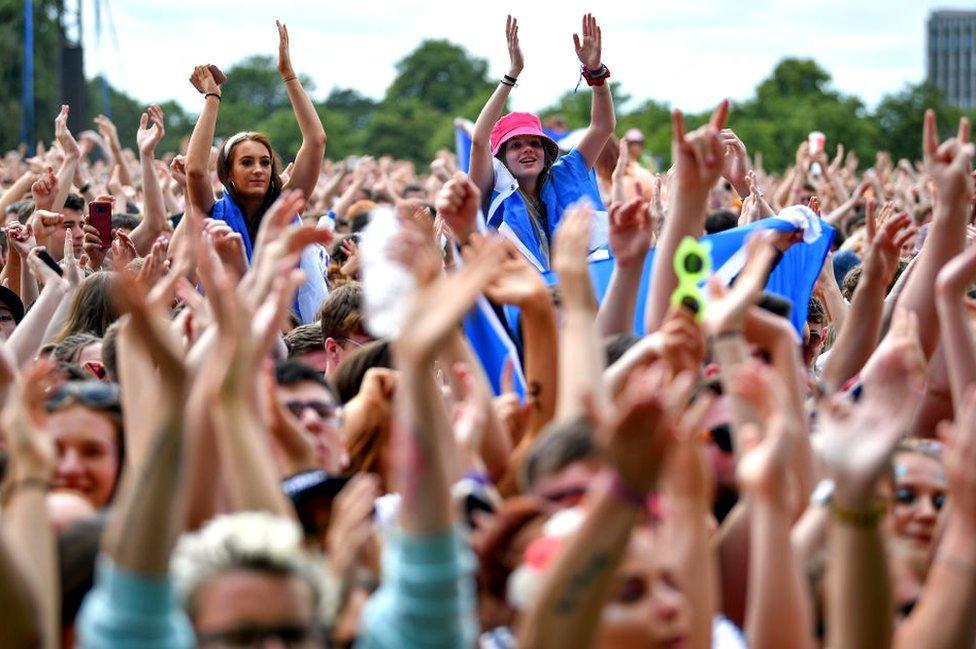
The TRNSMT music festival in Glasgow is one of many major events that have been called off due to the pandemic
Much of tourism joins the wider hospitality sector, leisure, entertainment venues, festivals and spectator sport, as being towards the back of the queue for a return to normal activities.
Some aspects of hospitality could work with social distancing - particularly for those visiting Scotland to socially-distance themselves in the great outdoors. These also happen to be in the more far-flung areas where tourism dominates the local economy and job prospects.
In the meantime, the strategy set out by the industry is to "respond, reset, restart and recover". Others, including governments and across sectors, are struggling to figure out a plan to get out of the deep trough the economy's now in, and it's worth a look at how tourism is going about it.
The respond phase is the one we're in - a package of measures to help businesses survive, while providing help for communities most in need.
The reset is to encourage workplaces to plan for the re-start, preparing the ground for social distancing, and adapting the business model to a very different "new normal".
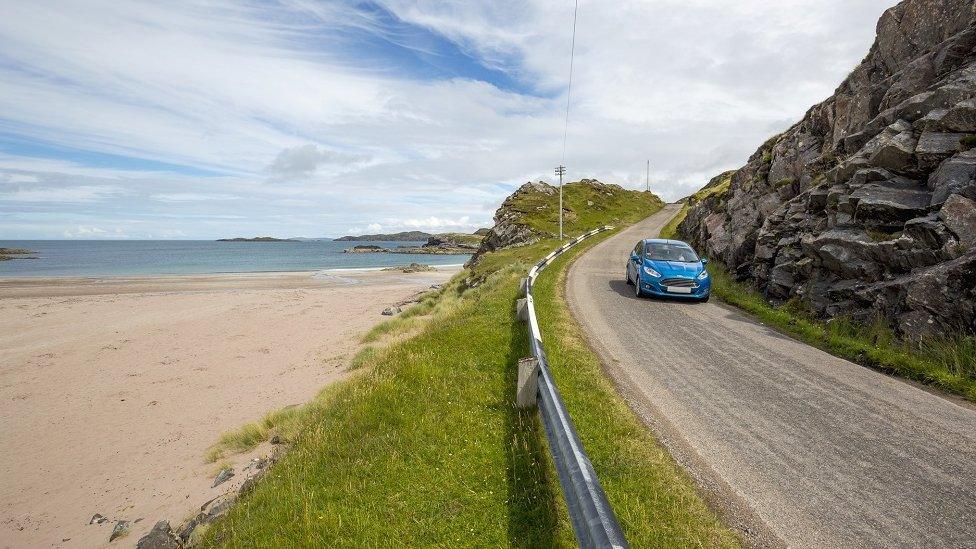
The restart is getting customers back through the door, but doing so safely, and ensuring the supply chain is ready to support companies in doing so. You'd want your catering and laundry supplies to be ready.
And recovery is, as you'd expect, building back up, but doing so with a realistic expectation that it's going to take time, it could be bumpy, and there is going to be a different economy with new business models, markets and behaviour, by customers and other firms.
The advertising budget may have dried up, but within this, there's the intention to keep the destination in customers' minds.
"Dream Now, Visit Later" is part of the strategy, which is shared with others in the worldwide travel industry. I'm getting several emails every day from travel firms that can't sell me anything now, but they want to keep me inspired and dreaming of places to which I might eventually be able to travel once more.
Meantime, one of the issues being raised by tourism businesses, in common with others in leisure, retail and hospitality, is the grant system that should be delivering £25,000, at least for a single premises a firm uses.
You'll recall that there was controversy about chains of firms - bars, shops or cafes, for instance - which get a full £25,000 grant in England for each subsequent outlet. In Scotland, after lobbying, that was raised from nothing to 75% of the grant.

Tourism Minister Fergus Ewing said the Scottish government is lobbying the UK government over 2,500 firms that are unable to access grants
That issue is going before the Court of Session in a bid to get a judicial review. The claim is that, as UK citizens, the people running these businesses deserve parity with other parts of the UK. (I'm no lawyer, but I don't think that argument will get far.)
They are also raising the point that the rateable value calculation in Scotland is different from that in England. Both countries use £51,000 rateable value as the upper limit for being entitled to these grants. Above that, they have to look to the loans schemes on offer.
Meeting last week with Scottish minister Fergus Ewing, the Tourism Alliance was told that the Scottish government is lobbying the UK government over 2,500 firms that are unable to access grants because their property is above that threshold.
The minister was true to his word. At the weekend, Mr Ewing made public his letter to his opposite number in Whitehall, asking that the effect of the £51,000 threshold should be considered
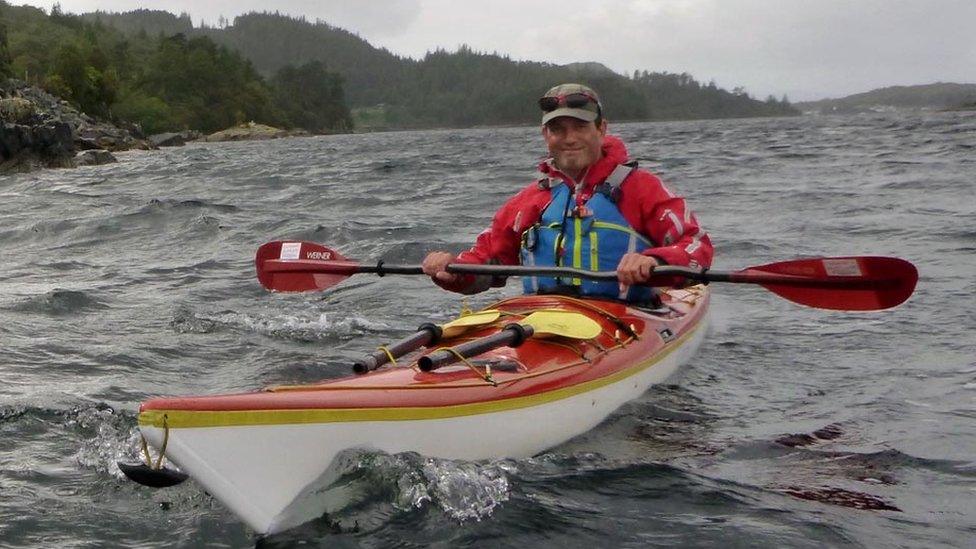
Andreas Heinzl, who runs Outdoor Scotland, has been applying for other jobs since the Covid-19 crisis
The odd bit is that the Scottish government has all the power it needs to change that threshold. It may not have all the funds it needs, but it can alter the criteria for these grants any way it wishes - as, indeed, it has done with those firms that have chains of outlets.
Mr Ewing went further, with an appeal to Whitehall to act for firms in marine tourism. They don't use buildings, they don't have rateable values, and they are therefore not eligible for grants.
This, too, is a little odd, as the Finance Secretary Kate Forbes has set aside £100m for grants to self-employed people and businesses that don't qualify for other grants and schemes. So from whale-spotting to sea kayaking, such firms can already tap government funds.
Maybe Mr Ewing was making the case for such businesses in other parts of the UK, though that too would be strange.
Likewise, the case for bed and breakfast businesses, which don't qualify for grants because they pay council tax rather than business rates. What is the UK government going to do about them? We don't know, but they can apply for grants from the same Scottish fund as marine tourism operators.
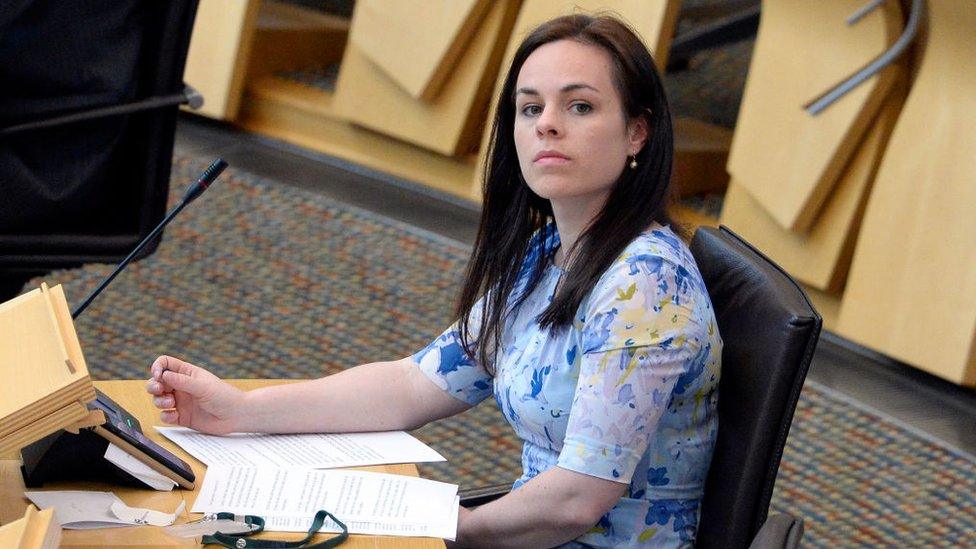
Scottish Finance Secretary Kate Forbes
That £100m announcement from Kate Forbes was part of a £220m supplementary package earlier this month, the rest of it being used to extend the grants scheme for firms operating through multiple outlets.
Of that, £180m was provided through the Treasury, as Scotland's share of announcements it was making for England. A further £40m was found from Holyrood's existing budgets.
That's because the budget passed on 11 March is already for the birds. While some government costs have soared, others may well undershoot, while revenues are going to fall well short of expectations. A lot of the National Health Service, for instance, is not that busy at the moment because elective procedures have been cancelled, and we've been discouraged from visiting the doctor with our more minor ailments.
A mid-year budget may well become necessary, to make sense of the changes, with big additional funds, and other elements being moved around.
- Published23 April 2020

